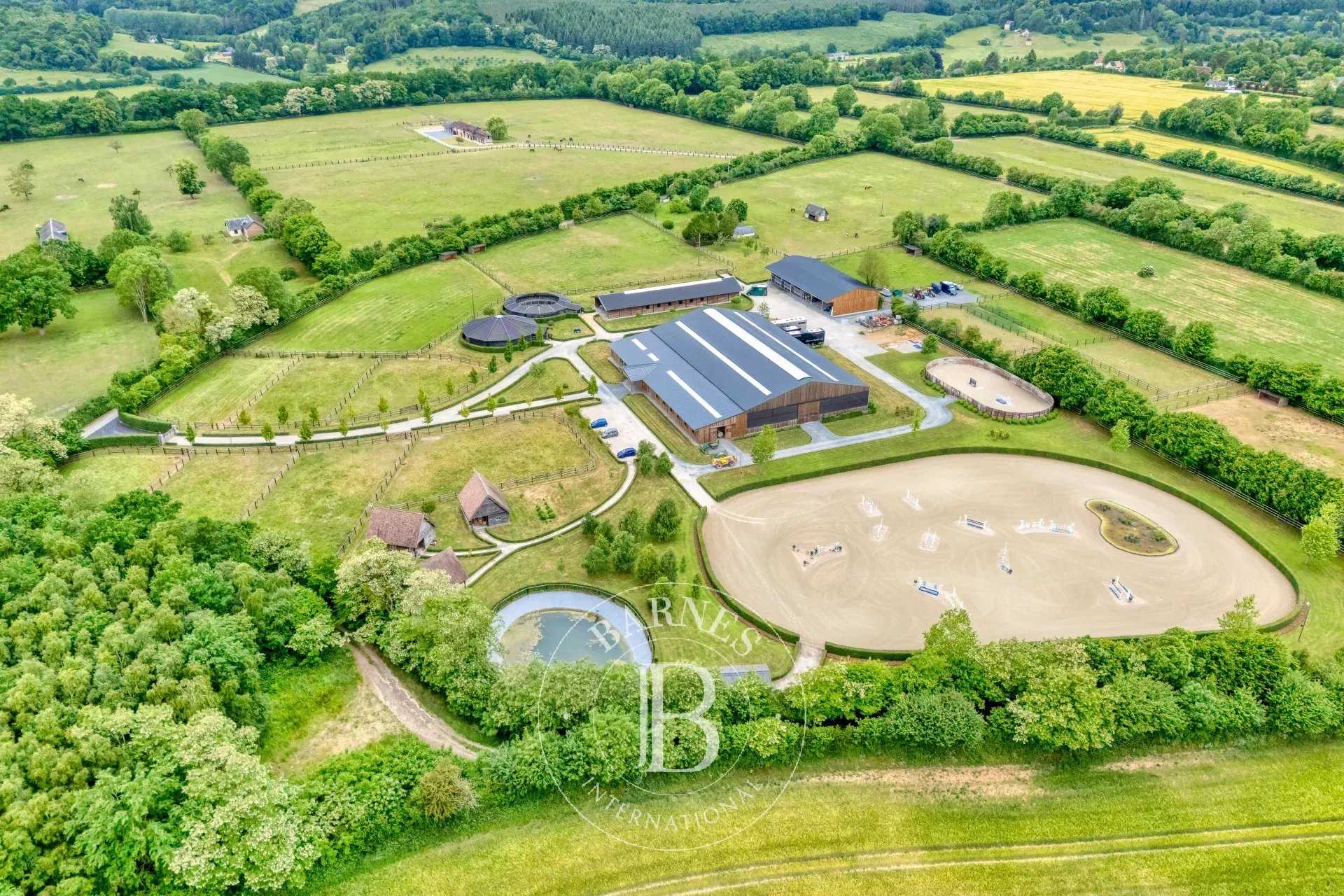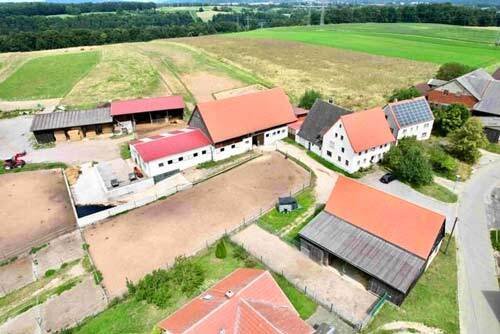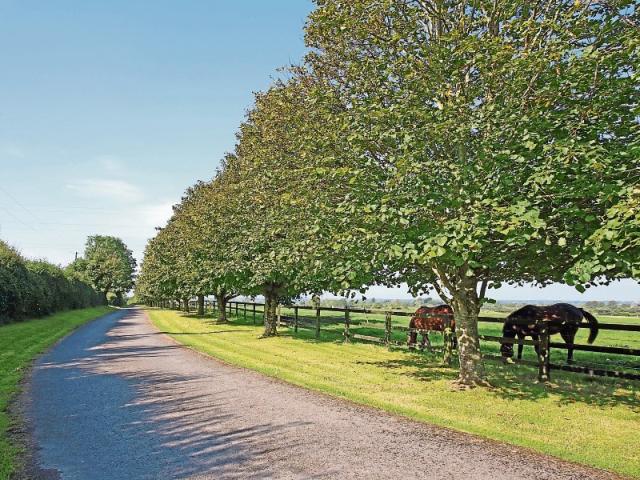Horse Property Values and Real Estate Trends

Horse properties, also known as equestrian properties, are specialized real estate assets designed to accommodate horses and their owners. These properties often include features such as barns, riding arenas, pastures, and fencing, which significantly influence their market value and appeal.
Key Factors Influencing Horse Property Values

| Factor | Description |
|---|---|
| Location | Proximity to urban centers, trails, and equestrian communities affects demand and price. |
| Property Size | Larger acreage is preferred for grazing and riding space, increasing value. |
| Facilities | Quality and number of barns, stables, arenas, and fencing impact desirability. |
| Zoning and Regulations | Local laws regarding animal keeping and land use can enhance or limit property potential. |
| Market Trends | Economic conditions and real estate market cycles influence pricing and buyer interest. |
Current Real Estate Trends for Horse Properties
- Increased Demand: There is a growing interest in rural and semi-rural properties as people seek outdoor lifestyles, boosting horse property sales.
- Rising Prices: Limited availability of suitable land and specialized facilities drives up prices.
- Sustainability Focus: Buyers increasingly value eco-friendly features such as solar power and sustainable land management.
- Technology Integration: Smart fencing, automated watering systems, and security enhance property appeal.
Tips for Buyers and Sellers
For Buyers:
- Assess your specific needs for horse care and riding activities.
- Research local zoning laws and restrictions.
- Consider future resale value and market trends.
For Sellers:
- Highlight unique equestrian features in listings.
- Maintain facilities to attract serious buyers.
- Price competitively based on current market data.
Frequently Asked Questions (FAQ)
Q1: What makes a property suitable for horses?
A: Adequate space, proper fencing, safe and accessible barns, and good pasture quality are essential.
Q2: How does location affect horse property value?
A: Proximity to trails, equestrian centers, and urban amenities can increase desirability and price.
Q3: Are horse properties a good investment?
A: They can be, especially in areas with strong equestrian communities and limited land availability.
Q4: What should I look for in a horse property?
A: Consider land size, soil quality, water access, facilities, and local regulations.
This detailed overview aims to help both buyers and sellers navigate the niche market of horse properties with confidence and insight.
